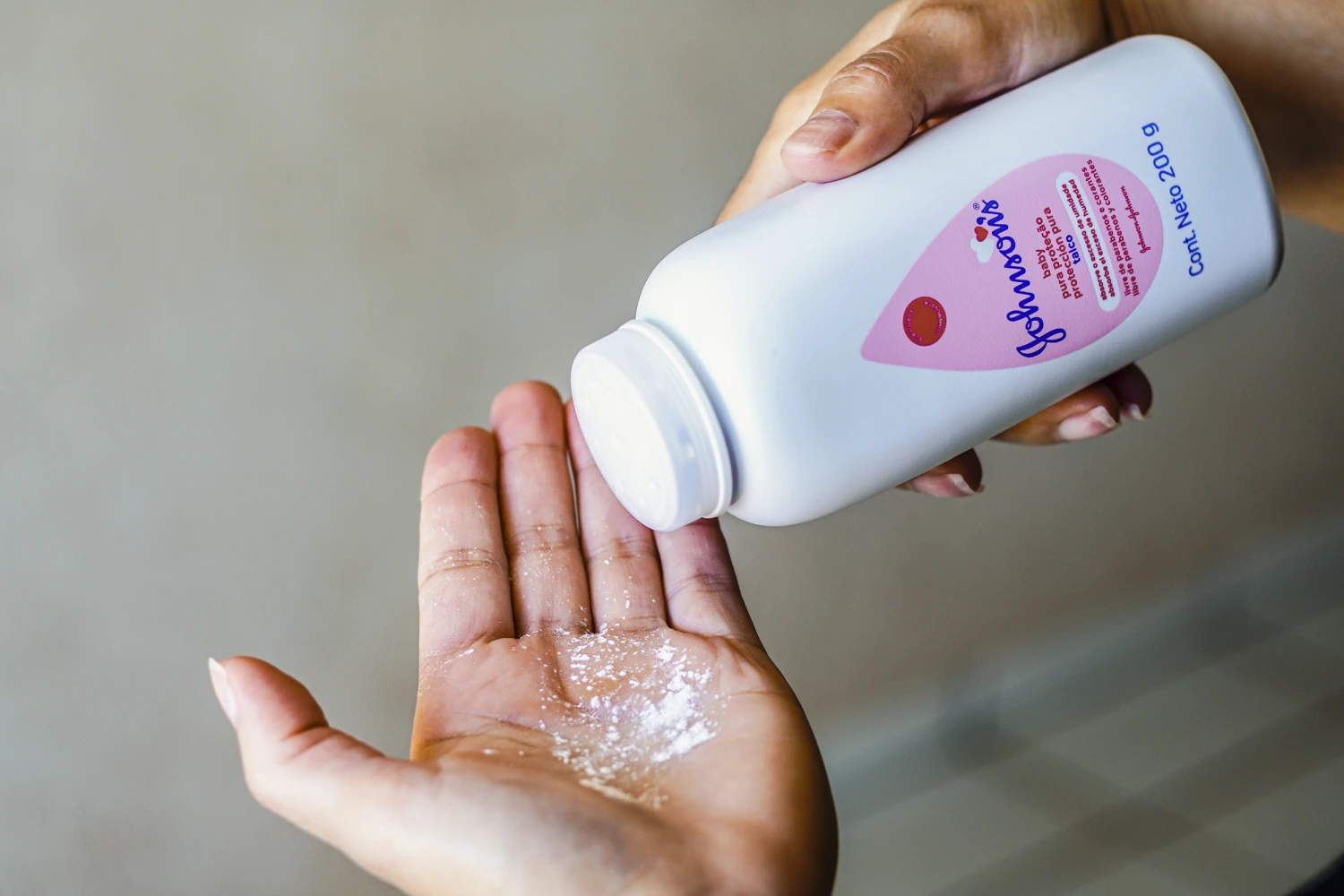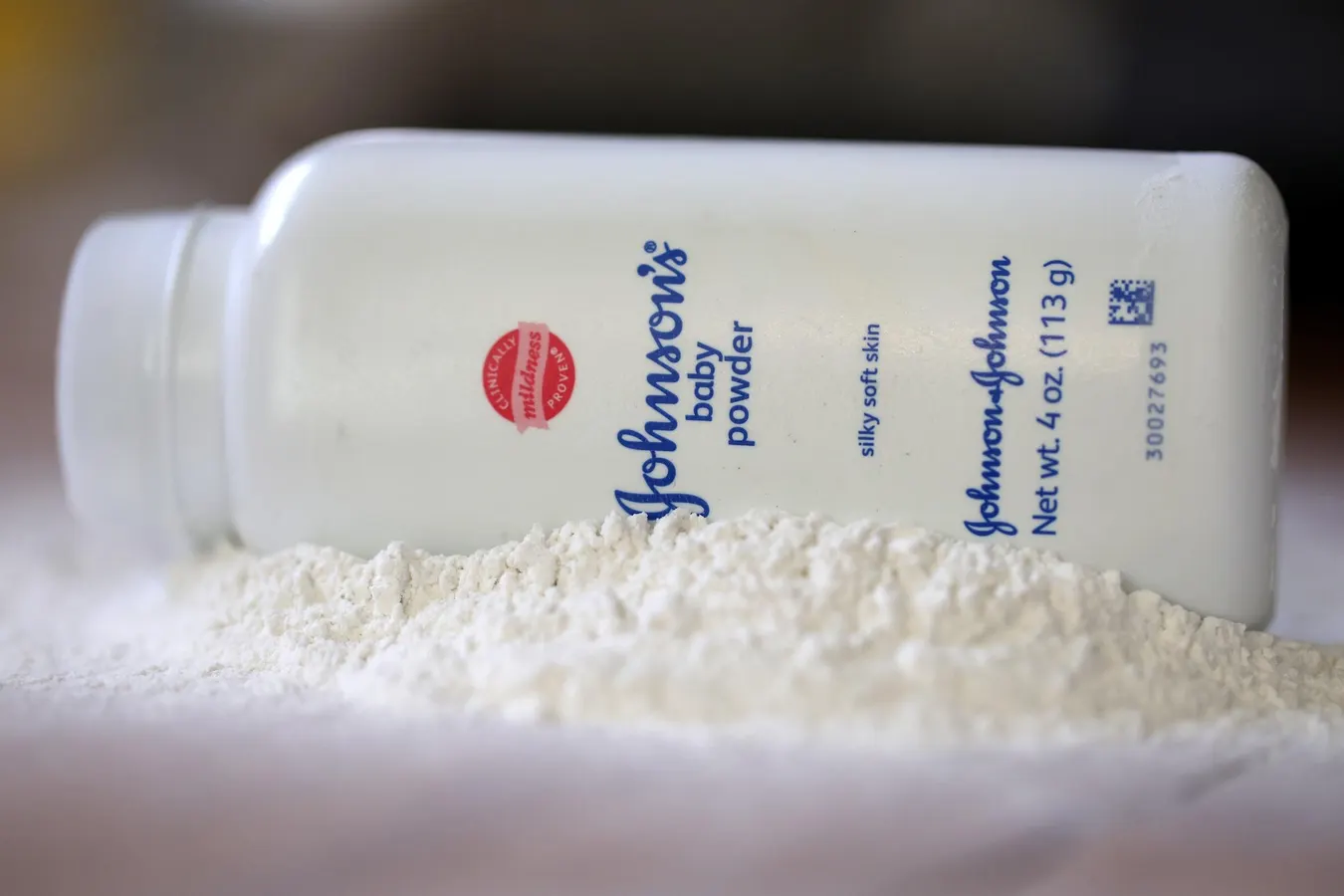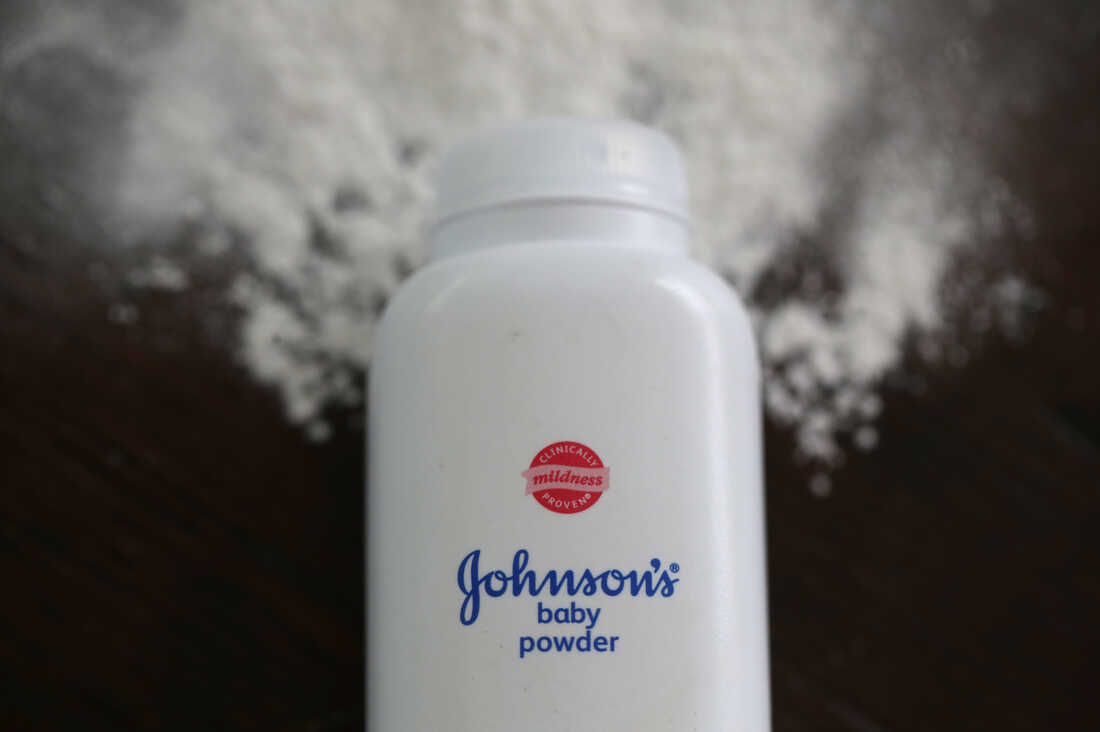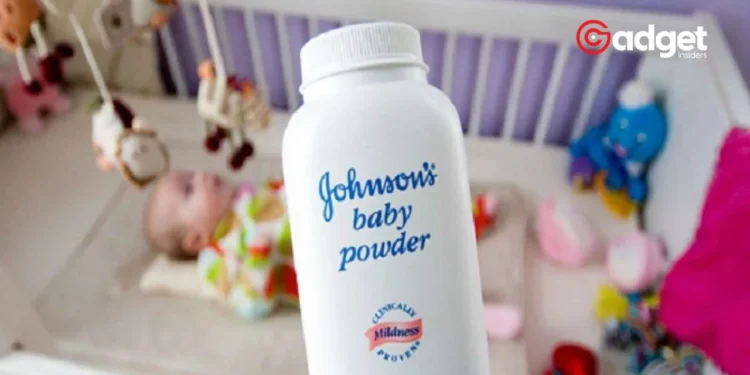In a landmark decision late Friday, a Chicago jury ordered Johnson & Johnson and its spinoff, Kenvue Inc., to pay a staggering $45 million to the family of Theresa Garcia, an Illinois woman whose tragic death from mesothelioma was linked to long-term use of their talcum-based baby powders.
This case marks a significant first against Kenvue and adds a new chapter to the decade-long scrutiny over the safety of these iconic products.

Johnson & Johnson: The Case at a Glance
Theresa Garcia, a mother of six and a grandmother, passed away in 2020 due to mesothelioma, a cancer typically associated with asbestos exposure. Her family brought forth allegations that Johnson & Johnson, along with Kenvue’s predecessor, continued to sell their baby powders despite knowing the products were contaminated with asbestos.
The jury’s decision, finding Kenvue 70% responsible for Garcia’s death, underscores a growing awareness and accountability regarding product safety and consumer trust.

A History of Litigation
Johnson & Johnson, a name once synonymous with trust and purity, has faced intense legal battles over its baby powders. This verdict against Kenvue signals a troubling continuation of safety concerns surrounding talc-based products, long celebrated for their freshness and cleanliness.
As the legal landscapes shift, the question remains: how will major corporations restore public confidence while managing the fallout of such damning allegations?
Court Orders Johnson & Johnson And Kenvue To Pay $45 Million In Talcum Baby Powder Lawsuithttps://t.co/uNnDXXiMfT
— John (@PlasteredJohn) April 20, 2024
The Bigger Picture
This verdict not only highlights the potential health hazards of everyday cosmetic products but also emphasizes the responsibility manufacturers have to ensure the safety of their products. As consumers become more informed, companies face increasing pressure to be transparent about their product contents and the health implications.
The implications of this case extend beyond the courtroom, touching on issues of corporate ethics, consumer safety, and the accountability of large corporations in the face of public health concerns.
As this story unfolds, it will undoubtedly influence product formulations, regulatory practices, and the legal strategies of companies within the cosmetic and health product industries.

Looking Ahead
The outcome of this trial could catalyze further claims and examinations of similar products, potentially leading to significant changes in how products are developed, tested, and marketed.
For now, the Garcia family’s victory serves as a solemn reminder of the vigilance required in protecting consumer health and holding corporations accountable for their products’ safety.










